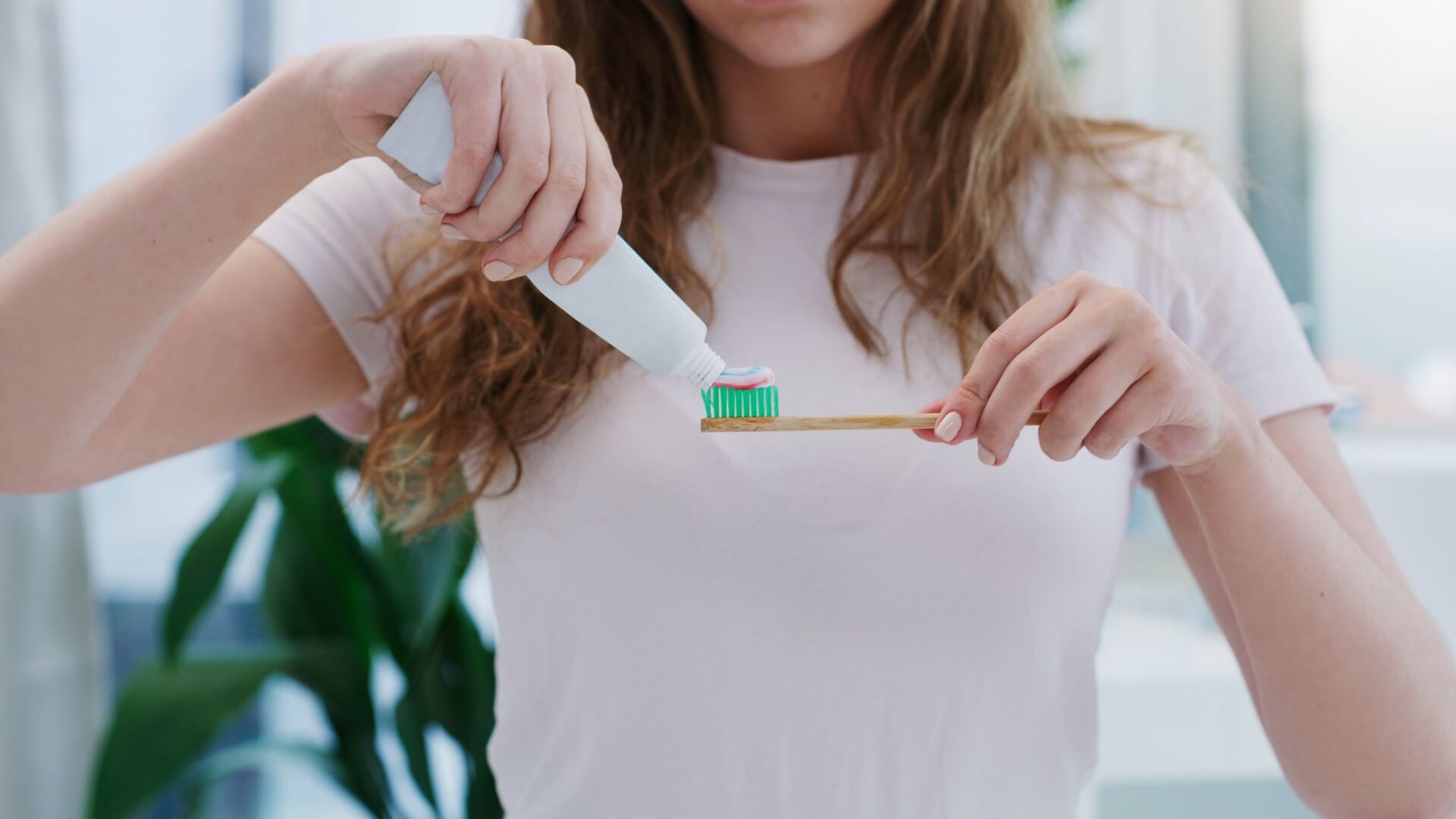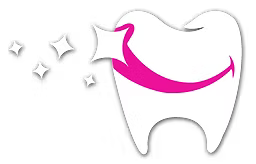Can You Brush Your Teeth Too Much?
Maintaining good oral hygiene is fundamental to overall health, and brushing your teeth regularly stands as one of the most important daily habits you can develop. Most people understand that neglecting to brush leads to plaque buildup, cavities, and gum disease. However, what many don’t realize is that it’s possible to go too far in the opposite direction.
The question “Can you brush your teeth too much?” might sound counterintuitive, but the answer is a definitive yes. While brushing twice daily is essential for optimal oral health, excessive or overly aggressive brushing can cause significant damage to your teeth and gums. This damage can manifest as enamel erosion, gum recession, increased tooth sensitivity, and visible wear patterns on your teeth.
Understanding the balance between adequate oral care and harmful overbrushing is crucial for maintaining a healthy smile. Experience Dentistry will explain proper brushing techniques, the risks associated with excessive tooth brushing, and what you can do if damage has already occurred.
Understanding Proper Brushing Technique
Before examining the dangers of overbrushing, it’s important to establish what constitutes proper oral care. The American Dental Association provides clear guidelines for effective teeth cleaning that maximize benefits while minimizing potential harm.
The Right Tools and Technique
Proper brushing starts with selecting a soft-bristled toothbrush. Many people mistakenly believe that harder bristles clean more effectively, but this couldn’t be further from the truth. Soft bristles are gentle on your enamel and gums while still removing plaque and bacteria effectively.
The recommended brushing technique involves gentle circular motions rather than aggressive back-and-forth scrubbing. Hold your toothbrush at a 45-degree angle to your gums and use small, circular movements to clean each tooth surface. This method ensures thorough cleaning without applying excessive pressure that could damage your teeth or gums.
Timing Matters
The ideal brushing session lasts exactly two minutes, twice per day. This duration provides sufficient time to clean all tooth surfaces without overdoing it. Many electric toothbrushes include built-in timers to help you maintain this optimal timeframe.
Risks of Overbrushing
When you brush your teeth too much or apply excessive pressure during brushing, several serious problems can develop over time. These issues often progress gradually, making them difficult to notice until significant damage has occurred.
1. Tooth Enamel Erosion
Enamel erosion represents one of the most serious consequences of aggressive brushing. Your tooth enamel serves as a protective barrier, and once it’s worn away, it cannot regenerate naturally. Constant aggressive brushing creates friction that gradually wears down this crucial protective layer.
When enamel becomes compromised, teeth become more vulnerable to cavities and decay. The underlying dentin becomes exposed, which not only increases cavity risk but also creates a pathway for bacteria to penetrate deeper into the tooth structure.
2. Gum Recession
Overbrushing frequently leads to gum recession, a condition where the gum tissue pulls away from the teeth. This recession exposes more of the tooth surface and, in severe cases, the tooth roots. Gum tissue doesn’t regenerate easily, making this type of damage particularly concerning.
Receded gums create pockets where bacteria can accumulate, increasing the risk of gum disease and tooth loss. Additionally, the exposed root surfaces lack the protective enamel coating, making them extremely sensitive to temperature changes and acidic foods.
3. Tooth Sensitivity
Both enamel erosion and gum recession contribute to increased tooth sensitivity. When protective barriers are compromised, the nerves inside your teeth become more exposed to external stimuli. This can make eating hot or cold foods, drinking acidic beverages, or even breathing cold air uncomfortable or painful.
Tooth sensitivity from overbrushing tends to worsen over time if the underlying cause isn’t addressed. What starts as mild discomfort can progress to sharp, shooting pains that significantly impact your quality of life.
4. Dental Abrasion
The constant friction from excessive brushing creates visible wear patterns on your teeth known as dental abrasion. These appear as grooves, notches, or indentations, typically along the gum line where brushing pressure is often concentrated.
Dental abrasion not only affects the appearance of your smile but also weakens the structural integrity of your teeth. These worn areas become more susceptible to fractures and further damage over time.
Repair Options for Overbrushing Damage
If you’ve already experienced damage from excessive teeth brushing, several treatment options can help restore your oral health and protect your teeth from further harm.
1. Addressing Enamel Erosion
For minor enamel loss, fluoride varnish treatments can help strengthen weakened areas and slow further deterioration. This protective coating is applied directly to affected teeth during dental visits.
More significant enamel damage may require bonding procedures, where tooth-colored resin is applied to cover exposed dentin and restore the tooth’s natural appearance. For extensive damage, veneers provide comprehensive coverage and protection while dramatically improving aesthetics.
In cases where large portions of the tooth are compromised, inlays, onlays, or crowns may be necessary to restore both function and strength.
2. Addressing Gum Recession
Gum grafting procedures can restore lost gum tissue and protect exposed root surfaces. During this treatment, healthy tissue is transplanted to areas where recession has occurred. Modern techniques like the pinhole surgical technique offer minimally invasive options for gum restoration.
3. Addressing Tooth Sensitivity
Desensitizing toothpaste containing ingredients like potassium nitrate can help reduce sensitivity symptoms. Professional fluoride treatments strengthen enamel and provide additional protection against temperature sensitivity.
For persistent sensitivity issues, your dentist may recommend custom treatments or modifications to your oral care routine.
Protecting Your Smile for Life
The balance between adequate oral care and harmful overbrushing requires attention to technique, timing, and tool selection. While maintaining good oral hygiene remains essential, understanding that more isn’t always better can help protect your teeth and gums from unnecessary damage.
If you suspect you’ve been brushing too aggressively or notice signs of sensitivity or gum recession, don’t wait to seek professional evaluation. Early intervention can prevent minor issues from becoming major problems requiring extensive treatment.
Protect your teeth and gums by practicing proper brushing habits and being mindful not to overdo it. At Experience Dentistry in Scranton, PA, Dr. Jeanette Linskey-Sanders can help identify early signs of overbrushing and guide you toward healthier techniques. With personalized care and professional support, you can maintain a strong, comfortable smile for years to come.




